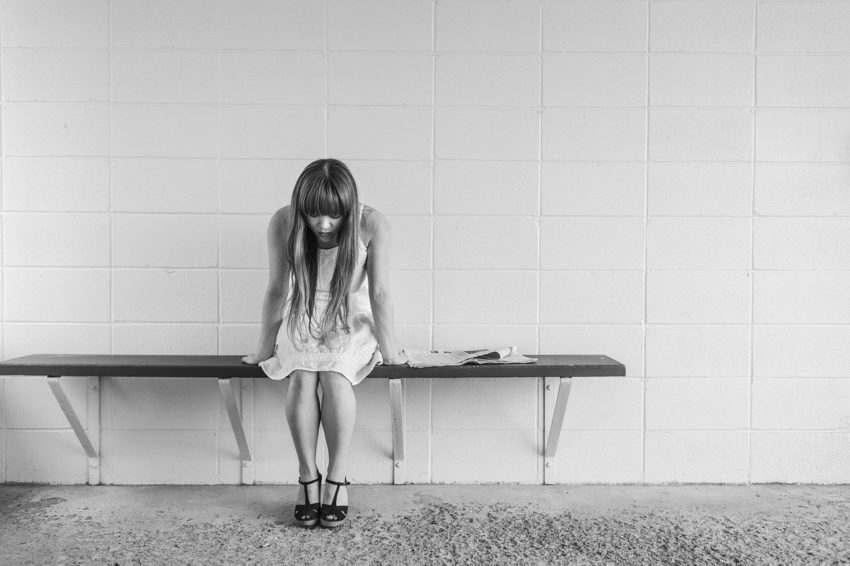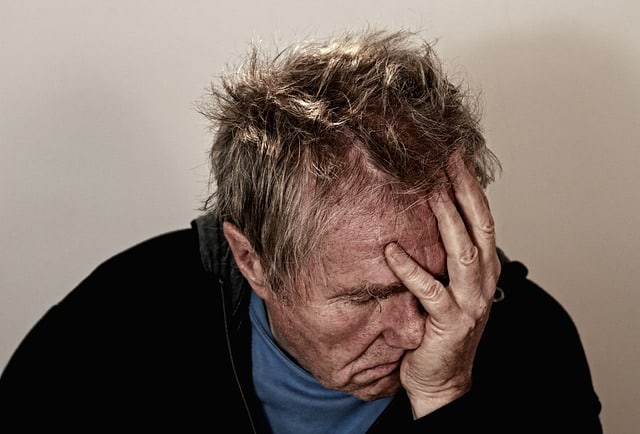
How to Handle Co-Occurring Disorders
Addicts find themselves fighting many battles beyond breaking from addictive substances or habits. Typically, addiction stems from stress in real life with jobs, family, friends,

Addicts find themselves fighting many battles beyond breaking from addictive substances or habits. Typically, addiction stems from stress in real life with jobs, family, friends,

Heroin, morphine, codeine, and opium are all classified as opiates. Opiates are different from opioids, as they are naturally occurring and derived directly from the

America’s opioid crisis permeates every level of society—over 75 percent of all employers have been affected by opioids in the workplace, yet less than a

Taking a new medication can be scary. There are so many potential side effects that the commercials depict. Add to the fact that there may
It doesn’t matter what time it is, Discovery Place is here and ready to help those impacted by addiction day or night. Whether it is 3 AM or 3 PM, you can start your recovery journey by reaching out to our rehab in the Nashville area.